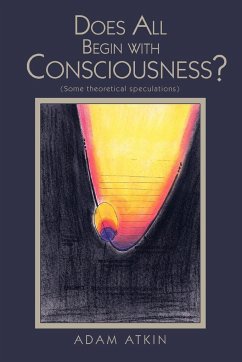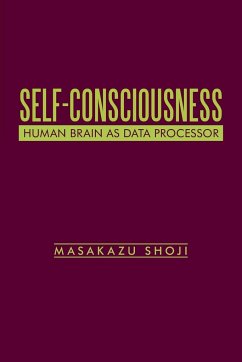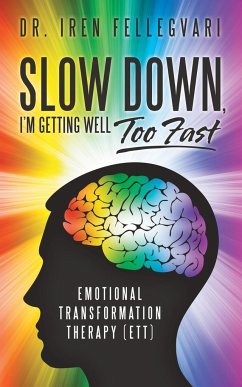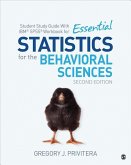Section 1 opens up fundamental worldview issues, first discussing implications of our world's totally-holarchic, open-ended substructure, then explaining why we should use the principle of parsimony not only conventionally but also to banish needless and overly broad simplifications-and how this has relevance to limitations of reductionist science. Section 2 explores evocative questions about consciousness from a monist perspective, pointing towards observables that are not object-like and kinds of change that are non-mechanical. This leads toward understanding consciousness as meta-change identical to creation. The essays (i) propose that what's re-organizing itself is the organism's dynamic (predictive) internal model of itself-in-its-world; (ii) examine reasons why this "continuous creation" (CC) metatheory of consciousness has generally not been "self-evident;" then (iii) elaborate the means by which conscious re-organizing is postulated to work; (iv) begin to discuss implications (for mind evolution and for entropy-levels in life-systems) of this view of consciousness; and (v) end with neurophysiological speculations. Section 3 begins with discussion of the consciousness 'hard' problem in relation to CC metatheory; then shows how that metatheory relates to two other theories of consciousness; and finishes by presenting the metatheory's social and ethical implications.
Hinweis: Dieser Artikel kann nur an eine deutsche Lieferadresse ausgeliefert werden.
Hinweis: Dieser Artikel kann nur an eine deutsche Lieferadresse ausgeliefert werden.








